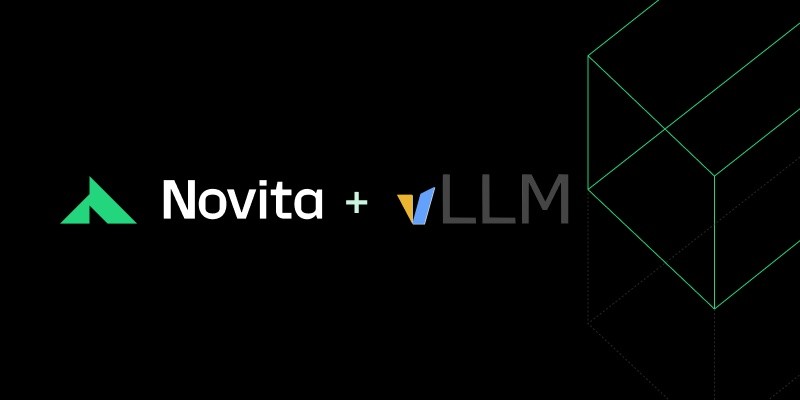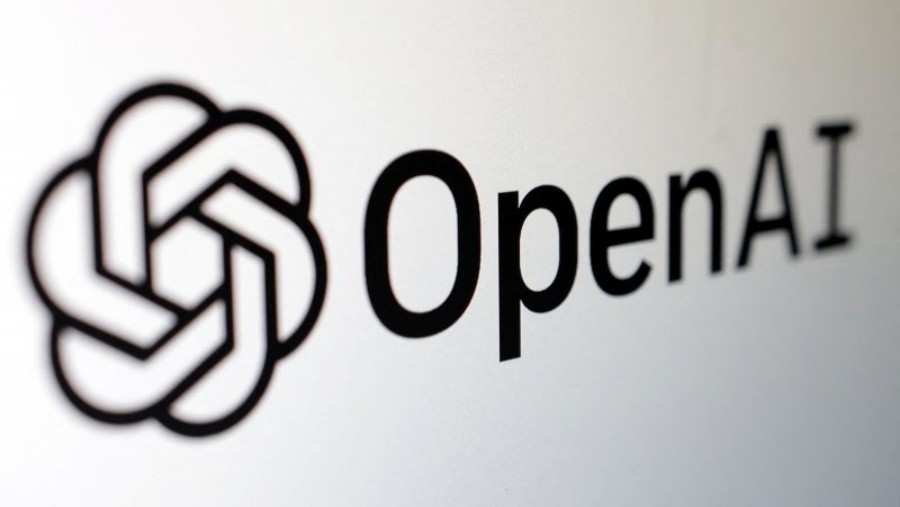
Artificial intelligence (AI) is changing our world at an alarming rate, and artificial intelligence engineers are the drivers of this change. They design, develop and deploy intelligent systems that allow machines to think and learn like humans. If you are passionate about AI and are eager to devote yourself to this exciting field, this article will provide you with a detailed guide to how to become a qualified AI engineer.
Artificial Intelligence (AI) engineers are professionals responsible for developing, training, and optimizing AI models. They use machine learning, deep learning, natural language processing and other technologies to solve complex problems and apply them to autonomous driving, speech recognition, computer vision and other fields.
To become an AI engineer, the following skills are crucial:
(1) Programming Language
Python (most popular in AI)
R (Data Analysis)
C++ (Computational Efficiency Optimization)
(2) Mathematics and Statistics
Linear algebra (matrix operation)
Probability theory and statistics (data modeling)
Calculus (gradient calculation)
(3) Machine Learning and Deep Learning
Supervised learning, unsupervised learning
Classic machine learning algorithms (decision tree, SVM, KNN)
Neural Networks and Deep Learning (CNN, RNN, Transformer)
(4) Data processing and analysis
Pandas, NumPy (data operation)
Matplotlib, Seaborn (data visualization)
SQL (Database Management)
(5) AI-related frameworks and tools
TensorFlow, PyTorch (deep learning)
Scikit-Learn (machine learning)
OpenCV (Computer Vision)
NLTK, spaCy (natural language processing)
Phase 1: Computer Basics
Learn Python basics (variables, functions, object-oriented programming)
Master data structures and algorithms
Phase 2: Mathematics and Machine Learning
Learn linear algebra and probability statistics in depth
Familiar with basic machine learning algorithms
Practice Kaggle Competitions
Phase 3: Deep Learning and AI Framework
Learn TensorFlow and PyTorch
Training deep learning models (CNN, RNN)
Complete computer vision and natural language processing projects
Phase 4: Advanced Applications and Optimization
Research Transformer, reinforcement learning
Deploy AI project (Docker, Flask, FastAPI)
Participate in open source projects and improve practical capabilities
AI researcher : Focus on new algorithm research and publish papers
Machine Learning Engineer : Optimize Models and Deploy AI Solutions
Computer vision engineer : Developing image and video processing AI
NLP Engineer : Processing natural language data such as speech recognition, text analysis
Becoming an artificial intelligence engineer requires a solid foundation in computer science, strong mathematical abilities and rich project experience. Through continuous learning and practice, you can enter the AI field and succeed in this rapidly growing industry!



